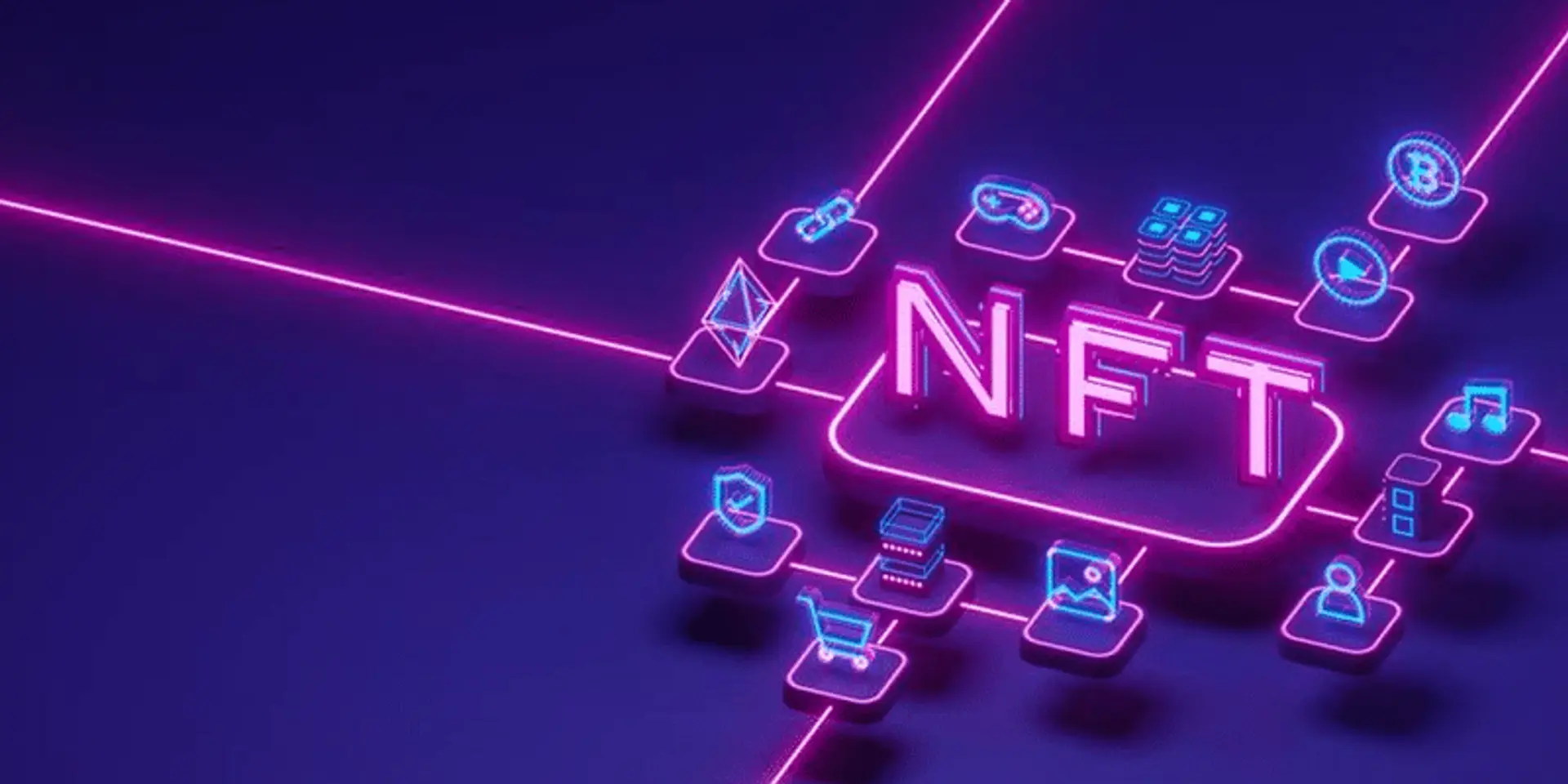How blockchain-based racing games can revolutionise NFT gaming
Bringing in a mobile racing game powered by the blockchain will not only be the silver bullet, or to contextualise it better, the nitrous oxide for the world of racing games but for the world of NFT games at large.
Often, the most popular games have always been the ones that have resonated with the emotional needs of players who like to celebrate the spirit of victory.
We have seen this phenomenon repeat with games belonging to the first-person shooter category, free-roaming world category, missions, cooperative play, and more.
If there is a gaming segment that has not changed in its core quest, it has to be the game of racing.
Right from the pixelated 8-bit to the PlayStation that uses enhanced graphics—the fastest, the most strategic, and the one with the most control and understanding of the racetrack—has reigned victorious.
Games have always thought to incentivise gamers in the best way possible. There have been a lot of innovations within the game, including unlocking levels, increasing the status of the gamer within the game, badges, and other things that people flaunt as their achievements and gameplay calibre.
Such progressions are extremely relevant in racing games where people unlock new cars, new race tracks, new power-ups, and new visual elements with their progress. Parallel to this, the world quite knows the impedances of the classical gaming ecosystem. It is almost impossible to carry the benefits of the game outside its ecosystem, and the benefits and achievements of the user are limited to the life of the game and not beyond that.
We have also seen the gaming crowd transition slowly from bulky desktops to compact gaming mobiles with advanced cooling systems and accelerated graphics.
The solution is the distributed digital ledger called the blockchain and the non-fungible token (NFT). Bringing in a mobile racing game powered by the blockchain will not only be the silver bullet, or to contextualise it better, the nitrous oxide for the world of racing games but for the world of NFT games at large.
Let us put that claim into perspective.
Blockchain and NFTs in gaming
First, all the assets in the racing game ecosystem have the potential to become tradable on marketplaces. While this might seem trivial, it is important because some accessories a gamer gathers during the initial stages of their gaming adventure might not be relevant about four or five levels later.
They could, however, be useful accessories to someone willing to invest their time and effort into progressing through the ranks of the game, saving a lot of time as they can directly purchase accessories like spoilers right at the marketplace.
Including blockchain in gaming opens learning opportunities for common people. It is not that the concept of earning with games is new, but the mechanism of earning existed outside the game ecosystem and was not inherent to it.
You could participate in externally conducted tournaments and win cash prizes offered by the organising body. However, in blockchain games, you can directly win cash prizes by playing the game.
We have seen something similar happen in countries like Vietnam, and it has been instrumental in transforming the entire economy of such countries. Blockchain gaming has a massive potential to help people convert their efforts and skills into earnings.
Further, NFT gaming also opens opportunities for community attractions. Since every Web3 project is driven by the community, these games and developers are quite likely to take inputs from the community, bring in new features, enhancements, and even change the roadmap to resonate with the patrons of the community.
In addition, converting gaming metaverses into advertising avenues has not been intensely explored until now but has a lot of potential.
Let us all admit it—marketing is all about marking your presence in a place where your target audience hangs out a lot. Since most NFT gamers are in the 18-35 age group, brands can capitalise on this space to advertise their products and services.
Since purchases on the blockchain are permanent, brands are quite likely not to have any recurring advertising charges if they purchase the digital advertising property in the form of lands or buildings in the metaverse.
Edited by Suman Singh
(Disclaimer: The views and opinions expressed in this article are those of the author and do not necessarily reflect the views of YourStory.)



